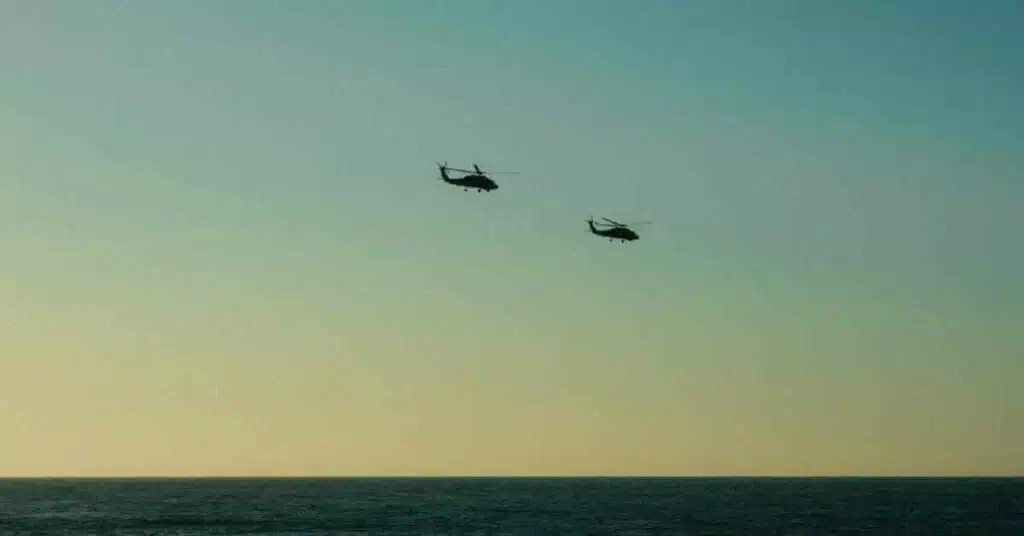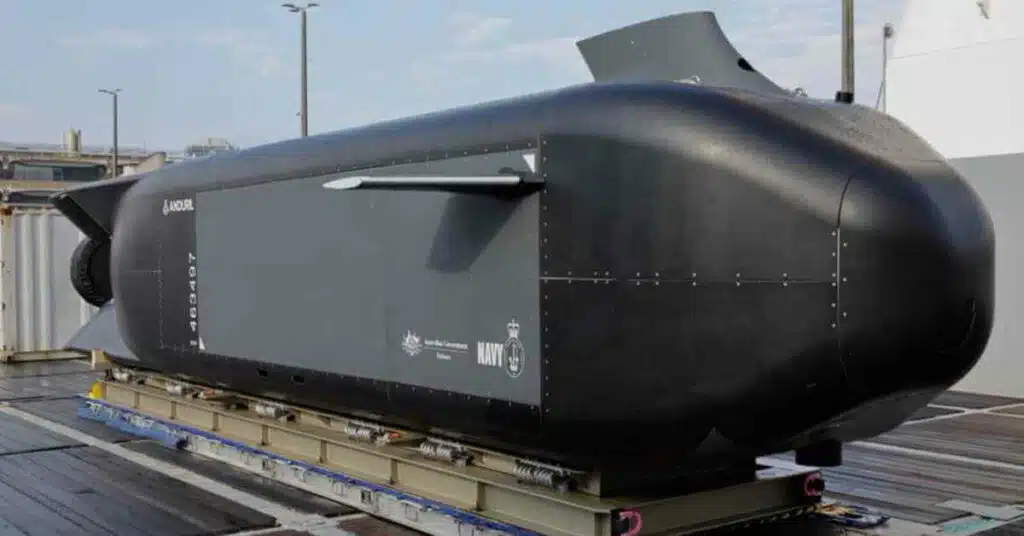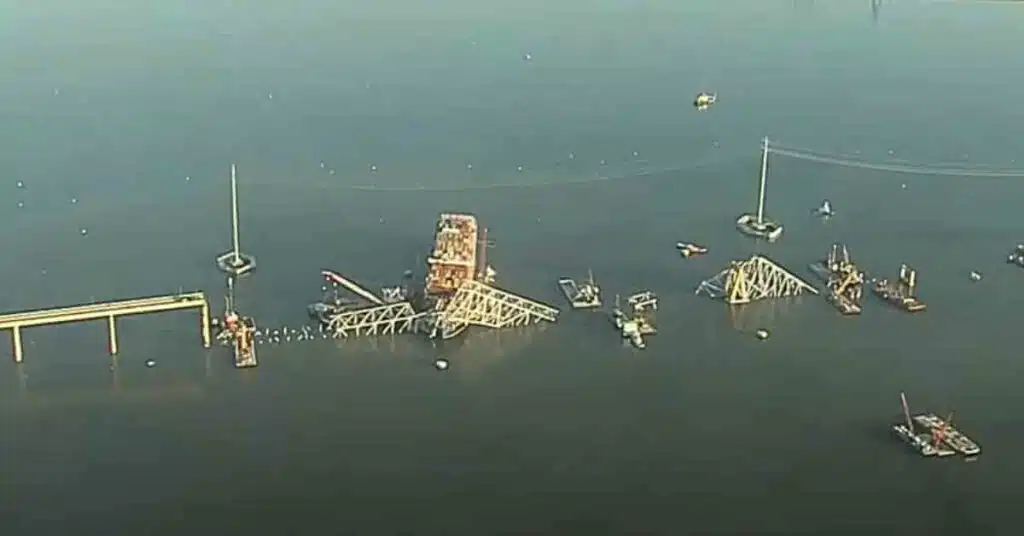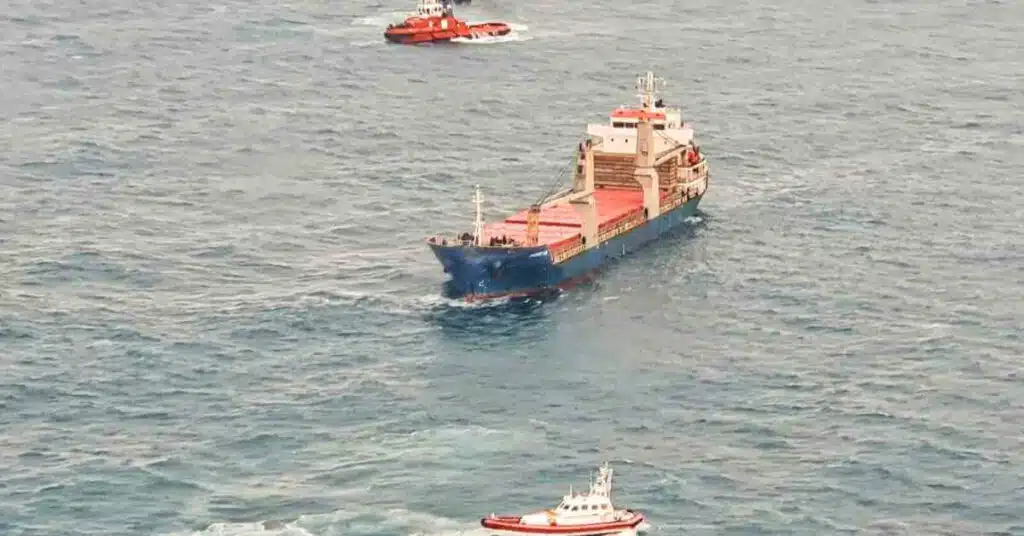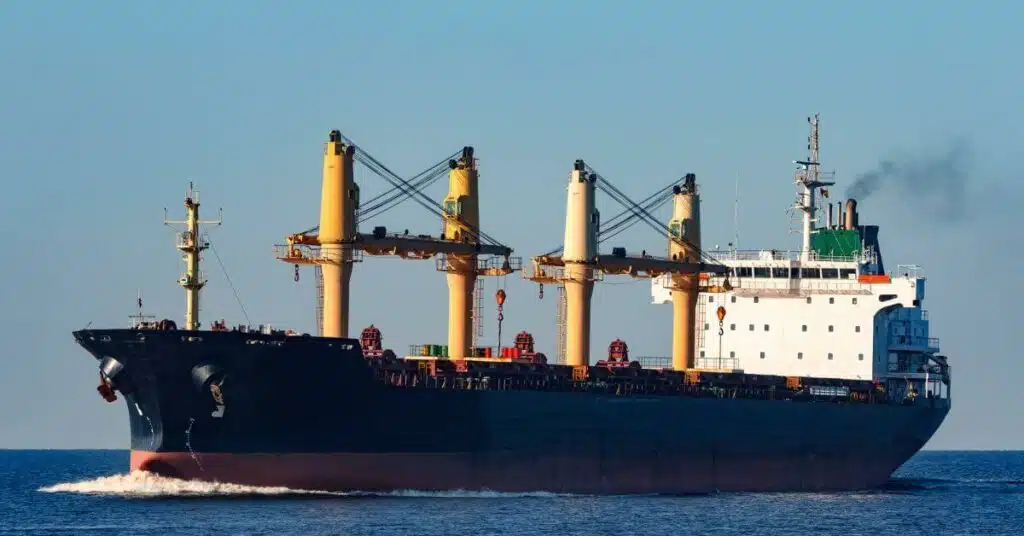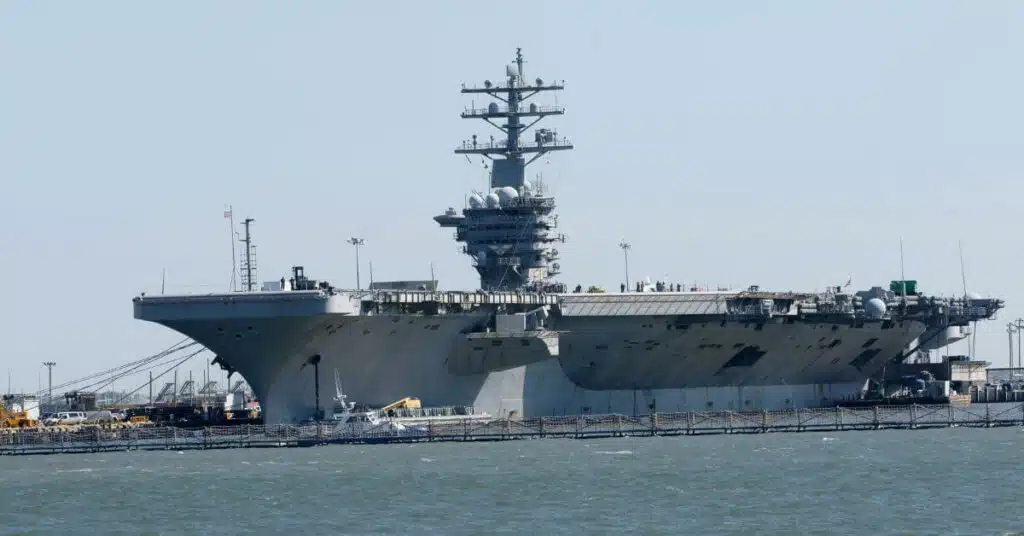NTSB Determines Cause Of Collision Between Liquefied Petroleum Gas Carrier And Tug
A pilot’s order to reduce a liquefied petroleum gas carrier’s speed during strong crosswinds led to a collision with a moored tug near Port Neches, Texas, the National Transportation Safety Board said Thursday.
The liquefied petroleum gas carrier Gas Ares was transiting upbound on the Neches River on Nov. 25, 2021, when it collided with a harbor tug moored alongside another tug at a loading dock at the Motiva Port Neches Terminal. None of the eight people on board the moored tugs or the 24 people on board the Gas Ares were injured. The contact resulted in $1.1 million in damages to the tugs and dock.
A state‑licensed pilot from the Sabine Pilots took navigational control of the Gas Ares as it was heading to a loading dock on the Neches River. Due to wind conditions, the pilot planned to have an escort tug for the transit through the Sabine Neches Canal and Neches River.
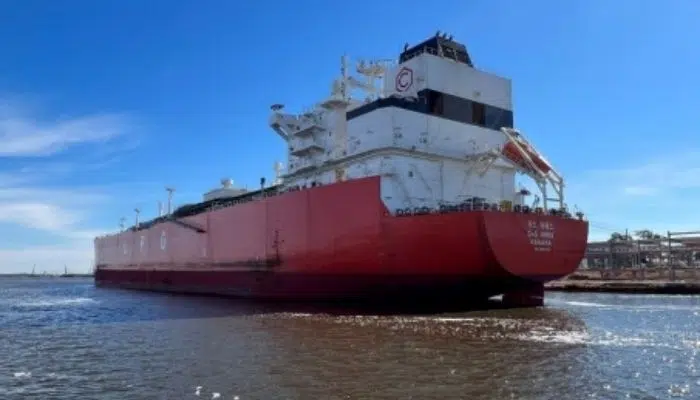
After the pilot arranged a passing with a tow, the pilot ordered the Gas Ares to dead slow ahead to avoid making a wake as the carrier passed a pipeline removal project to starboard near the shoreline (outside of the navigation channel). Winds were strong on the carrier’s starboard side, slowly setting the vessel—which was already on the left side of the 400-foot-wide channel for the passing arrangement with the tow—further toward the left side of the channel toward vessels moored at docks on that side of the channel.
With the reduction of the ship’s speed, the Gas Ares’s rudder became less effective, and was not able to move the vessel to starboard and away from the moored vessels on the left side of the channel by rudder and engine alone or by using the escort tug to pull on the vessel’s starboard quarter. Without enough headway, the pilot was unable to steer the vessel back to the center of the channel and avoid striking the outboard moored tug.
The NTSB determined the probable cause of the collision was the pilot’s decision to reduce the vessel’s speed in order to create less wake when passing a pipeline removal project, causing a loss of rudder effectiveness in strong crosswinds that set the carrier toward moored vessels.
Press Release
Disclaimer :
The information contained in this website is for general information purposes only. While we endeavour to keep the information up to date and correct, we make no representations or warranties of any kind, express or implied, about the completeness, accuracy, reliability, suitability or availability with respect to the website or the information, products, services, or related graphics contained on the website for any purpose. Any reliance you place on such information is therefore strictly at your own risk.
In no event will we be liable for any loss or damage including without limitation, indirect or consequential loss or damage, or any loss or damage whatsoever arising from loss of data or profits arising out of, or in connection with, the use of this website.
Disclaimer :
The information contained in this website is for general information purposes only. While we endeavour to keep the information up to date and correct, we make no representations or warranties of any kind, express or implied, about the completeness, accuracy, reliability, suitability or availability with respect to the website or the information, products, services, or related graphics contained on the website for any purpose. Any reliance you place on such information is therefore strictly at your own risk.
Do you have info to share with us ? Suggest a correction
About Author
Marine Insight News Network is a premier source for up-to-date, comprehensive, and insightful coverage of the maritime industry. Dedicated to offering the latest news, trends, and analyses in shipping, marine technology, regulations, and global maritime affairs, Marine Insight News Network prides itself on delivering accurate, engaging, and relevant information.

About Author
Marine Insight News Network is a premier source for up-to-date, comprehensive, and insightful coverage of the maritime industry. Dedicated to offering the latest news, trends, and analyses in shipping, marine technology, regulations, and global maritime affairs, Marine Insight News Network prides itself on delivering accurate, engaging, and relevant information.
Latest Shipping News Articles You Would Like:
Subscribe To Our Newsletters
By subscribing, you agree to our Privacy Policy and may receive occasional deal communications; you can unsubscribe anytime.




